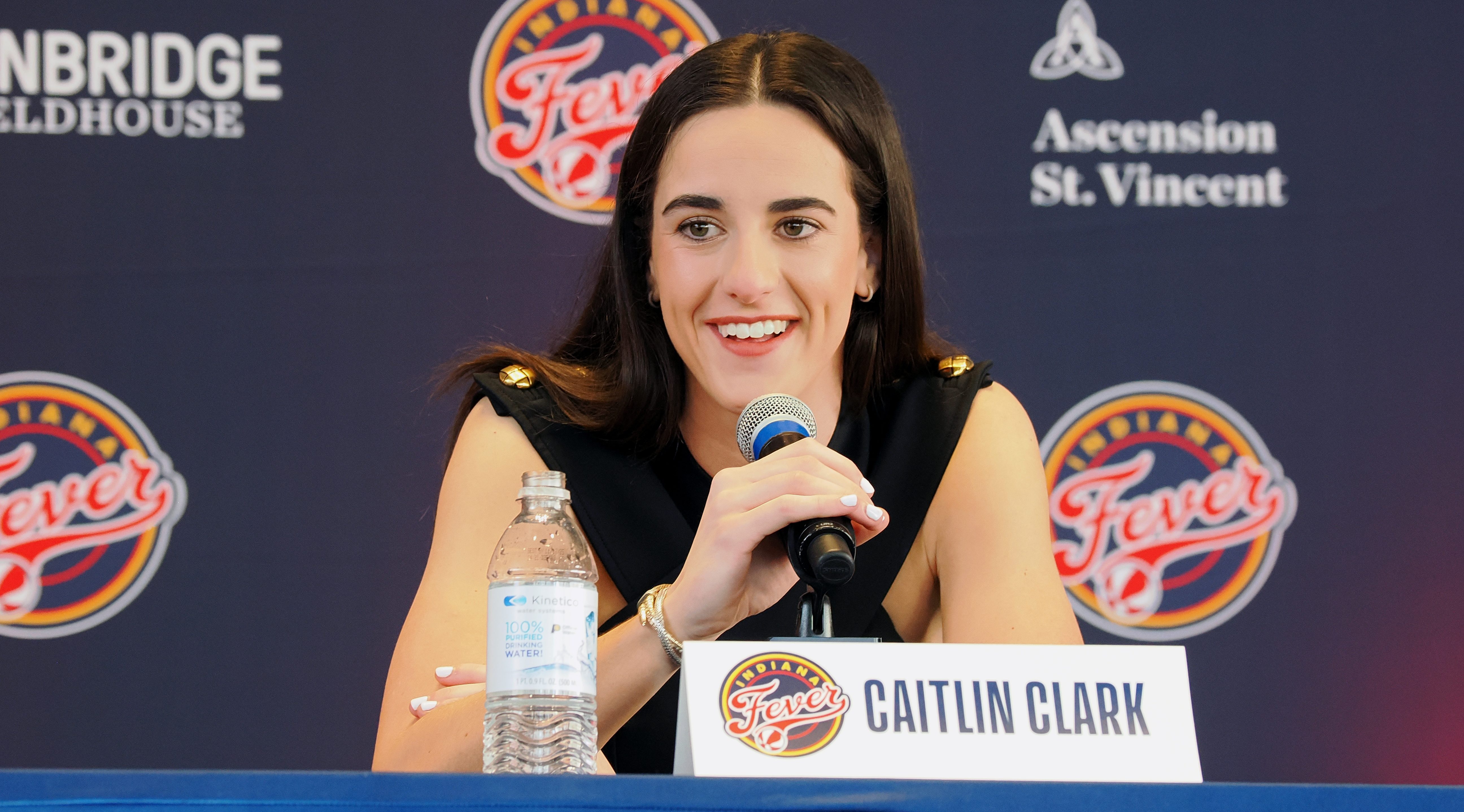
In an NFL season, 16 teams play 16 games each, producing 256 winners and 256 losers. Fans and even some analysts believe brilliant coaches and elite talents separate the two columns. In theory, they would be wrong.
ESPN reporter and former Philadelphia Inquirer scribe Ashley Fox published a telling piece on Friday about the only statistic that ultimately matters on the gridiorn: turnover margin. "Since 2000, teams that have been plus-1 [or better] in turnover margin have won 92 of 128 postseason games (a winning percentage of .719). Teams that have lost the turnover battle have won just 14.8 percent of the time."
Fox specifically details turnover margin during the playoffs, but the same holds true during the regular season as well. In 2011, teams that were plus-1 or better won 157 of 200 such games -- a winning percentage of .785.
Stay in the game with the latest updates on your beloved Philadelphia sports teams! Sign up here for our All Access Daily newsletter.
No surprise, the Eagles were 3-0 when they won the turnover battle, and 3-6 when they lost.
While many would argue defense was this team's biggest problem, we've maintained all along it was turnovers first and foremost. The Eagles had a 6-3 record and allowed 16.6 points per game when they gave the ball away two times or less, but were 2-5 and allowed 25.6 when coughing it up on three or more occasions. Still, plenty are not convinced the defense couldn't have done more.
To put those numbers in perspective, all 32 teams combined to win 17 out of 103 games when they committed three turnovers or more -- a winning percentage of .159. In eight of the 17, or nearly half of them, the losing team was also on the hook for three-plus.
Amazingly, the Eagles won two of the 17.
News
As for the defense's part in this, the league average was 29.4 points allowed. By comparison, it was 20.4 PPG when there were two giveaways or fewer. Interesting that the difference for both the Eagles and the entire NFL was exactly the same -- nine points.
However, the Eagles were actually superior to the rest of the league. Whether they committed five turnovers or zero, Philly's defense almost always allowed fewer points per game, and the club's winning percentage was the same or better. See for yourself:
| TO | NFL | EAGLES |
| 5+ | 0-13 (.000), 34.4 PPG | 0-1 (.000), 31.0 PPG |
| 4 | 5-24 (.172), 32.2 PPG | 1-1 (.500), 25.0 PPG |
| 3 | 12-49 (.197), 27.0 PPG | 1-3 (.250), 24.5 PPG |
| 2 | 59-74 (.444), 22.6 PPG | 3-2 (.600), 16.8 PPG |
| 1 | 101-70 (.591), 20.1 PPG | 2-1 (.667), 20.3 PPG |
| 0 | 79-26 (.752), 18.0 PPG | 1-0 (1.000), 7.0 PPG |
| 3+ | 17-86 (.159), 29.4 PPG | 2-5 (.286), 25.6 PPG |
| 2- | 239-170 (.584), 20.4 PPG | 6-3 (.667), 16.6 PPG |
There have been some accusations that we are cherry picking stats that support an agenda, but all we're talking about here is points scored, and how it correlates with giveaways. Clearly the defense was fine when they weren't being bludgeoned by turnovers, and in practically every instance, they were above average at keeping points off the board. This isn't sorcery, folks, and there really is no disputing it.
Of course, there will inevitably be detractors from our research regardless of its authenticity. You think hiring Juan Castillo was ignorant. You think Andy Reid is a joke, and the talent is overrated. We get it.
Don't take our word for it then. Just ask Bill Cowher, who was questioned about turnover margin days prior to winning his first Super Bowl with the Pittsburgh Steelers, notably in his 14th season as head coach.
"The biggest thing that you can control is how you protect the football," Cowher said. "We put more of a concentrated effort on talking about that. On defense, you play hard, get to the ball and try to strip the ball or get an interception. We certainly talk about that. But those can come in bunches, and you can go through periods where you do all of those things and the other team is just taking care of the ball and you don't get a turnover."
>> The stat that really matters [ESPN.com]
>> Turnovers a big part of winning and losing [USA Today, 2006]


